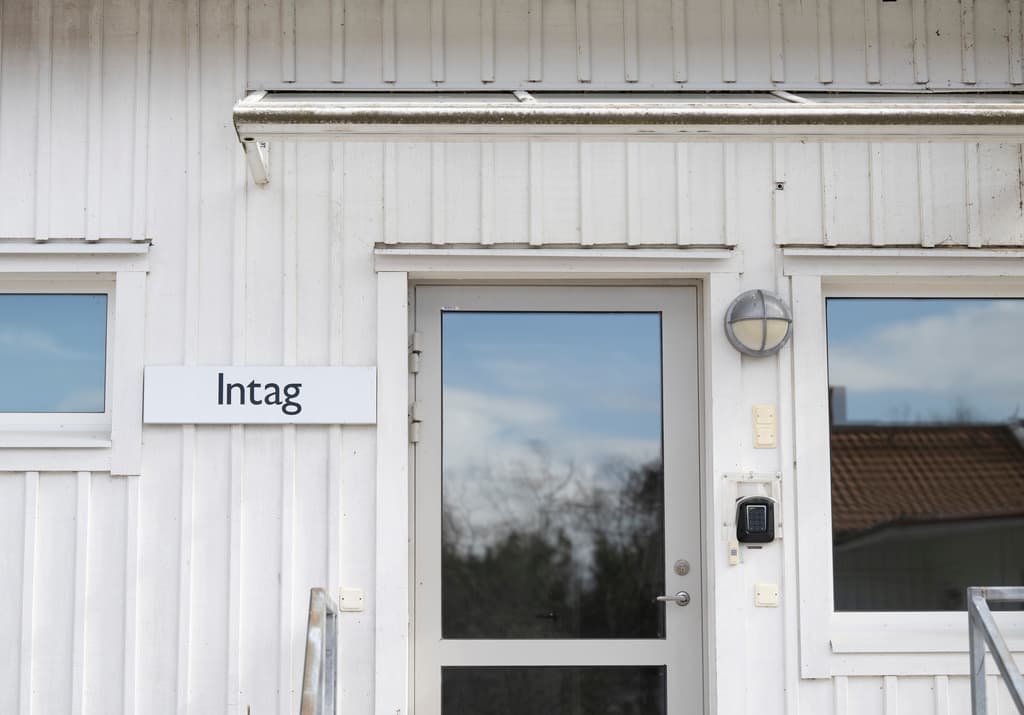Now we're looking at setting up modular homes to solve the placement shortage. The situation is serious, according to youth care director Birgitta Dahlberg.
We're making an assessment of who's at highest risk of being harmed or harming others.
The Swedish Association of Local Authorities and Regions (SALAR) has sounded the alarm about the placement shortage in closed youth care.
The numbers are changing daily, but right now, around 50 children and young people are waiting for Sis placements. A couple of them are considered to be at risk of being drawn into serious crime and committing shootings, according to SALAR.
After a meeting with the Minister for Social Affairs, Åsa Furén-Thulin, head of SALAR's section for social services and equality, says that the placement shortage will persist.
I don't see the queues decreasing in the near future. That's the situation right now, she says.
Can build new
Furén-Thulin says that this means a serious situation even going forward.
If we can't protect our citizens, and these young people, the other children who need care, then it's an extremely serious situation. We need to come up with solutions quickly.
The National Board of Institutional Care's message after the meeting is that they want to convert places for substance abuse care to closed youth care.
They're also looking at modular homes and new construction of facilities.
It means that we're setting up a number of buildings where we already operate on the same premises, says Birgitta Dahlberg, youth care director at Sis.
Making a priority
When the placement shortage can be solved, she doesn't have a message about. Sis receives individuals with a range of problems, including psychiatric and neuropsychiatric disorders – not just younger people in crime.
We're making an assessment of who's at highest risk of being harmed or harming others and they get a placement first, she says.
Sis's economy and planning director Anna Sandahl has previously told Svenska Dagbladet that the situation is a result of the government's policy. That view is not shared by Birgitta Dahlberg.
This is a result of social development and the rapid development of increasingly younger people involved in organized crime.






